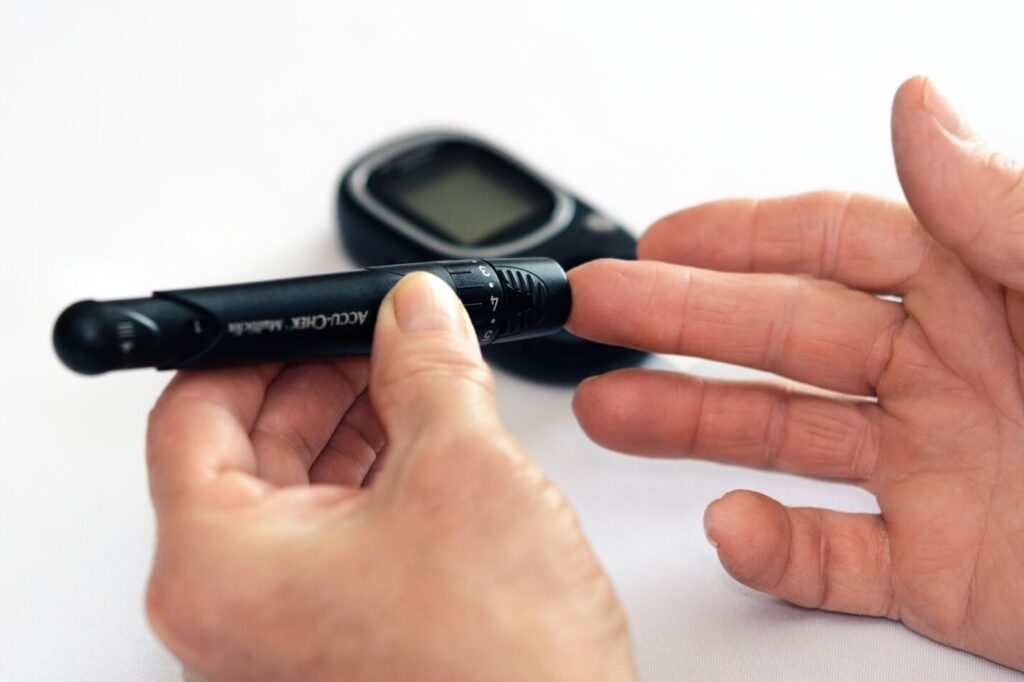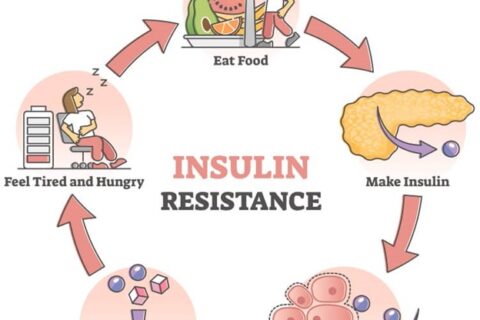How to Tame Diabetes
It is estimated that more than 26 million adults in the United States have been diagnosed with diabetes, and the risk of this disease is increasing every year. Some doctors have said that we have an epidemic on our hands due to the high rates of diabetes and the way the disease is affecting overall health.
What Causes Diabetes to Affect You?
The cause of this disease depends on your type of diabetes:
- Type 1 Diabetes:Also known as childhood diabetes, is an autoimmune condition that affects the insulin levels in the body. When someone has type 1 diabetes, it means that the pancreas is damaged and doesn’t make enough insulin.
- Type 2 Diabetes:Also known as adult-onset diabetes, type 2 diabetes accounts for the majority of diabetes cases. Unhealthy dietary choices are the main cause of type 2 diabetes. This disease most often affects adults but is becoming more common in overweight children and teens.
Lifestyle Alternatives for Diabetes
As with any disease, it is important to talk to a doctor about your individual circumstances. But don’t underestimate the power your lifestyle can have on blood sugar management. In fact, type 2 diabetes can sometimes be reversed with diet and lifestyle changes.
Here are a few ways you can fight the disease if you’ve already been diagnosed. Even if you haven’t been diagnosed with diabetes, it is smart to implement these healthy lifestyle habits for prevention:
- Manage Your Weight:The numbers on the scale don’t only affect the way your clothes fit, but being overweight also increases the risk of diabetes. If you are overweight, then your first goal should be focused on losing the excess fat to decrease your BMI. Weight loss can be achieved by following some of the healthy eating and exercise habits listed below.
- Dietary Changes:Pay attention to everything you choose to eat. Avoid sugary, processed foods such as soda, cake, cookies, pastries, ice cream, candy, and more. Refined, processed foods have an immediate impact on blood sugar levels, which puts stress on the pancreas and makes it difficult to have sufficient insulin to keep up. On the other hand, whole grains and natural fruit have fiber that slows the uptake of sugar into your bloodstream, which helps with blood sugar management. Also, make sure that you are choosing clean protein, such as chicken, eggs, beans, nuts, and seeds.
- Move Your Body:Regular exercise is important to help with weight loss and blood sugar management. Aim for at least 20 minutes per day, 4 or 5 times per week. Try a combination of strength training exercises and moderate activities, such as walking, swimming, and biking.
Make sure that you work closely with your doctor to determine the right treatment plan. Always consult with a medical professional before changing your diet or exercise routine.



















































































































































